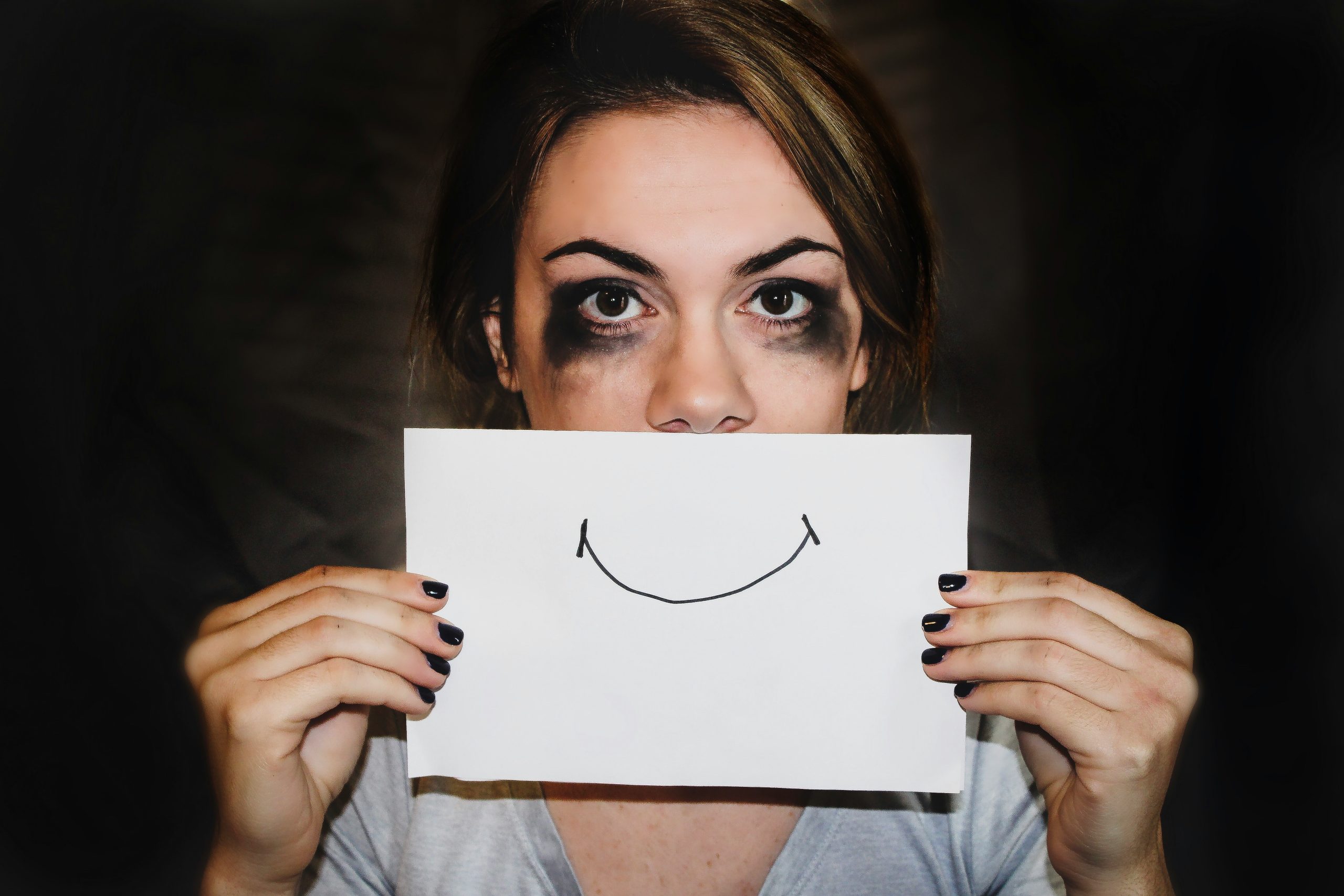While you love an addict, what about your healing?
Co-dependency is a condition in which a person excessively relies on another person for support and cannot function without that person.
Family members of alcoholics and addicts frequently develop codependent traits. Codependents need to identify their typical co-dependency traits and heal with the assistance of expert therapists.
Co-dependency is an addiction too
The codependent is addicted to helping someone and must be needed to function properly. A codependent might provide the person with the addiction with everything they require, therefore keeping them addicted.
Enabling is making it possible for someone to continue harming a child, calling in sick for someone suffering from addiction, putting barriers in the way of a child leaving home, or keeping a family member from getting the care they require. A codependent usually has a Messiah Complex and thinks they are the only person qualified to handle people’s issues. The codependent will usually attempt to ‘fix’ everything, even those who do not believe they need to be fixed.

Are you a codependent?
Take this co-dependency test to find out if you are helping people who need assistance or if you need people to help you:
- Do you feel demeaned, hurt or offended when someone you love tells you they don’t need your help?
- In the last year, has anyone resorted to arguing, begging or raising their voice to get you to stop trying to help them?
- If you had plenty of money and your child, sibling or parent had an addiction to drinking, spending, gambling or drugs, and they asked you for money to help with their necessary expenses (food, rent, clothes, and bills), would you give them the money?
- When someone shares a life or relationship problem with you but doesn’t ask for help, do you offer help or advice, anyway?
- When you survey your relationships, are you surrounded by mostly people who need you?
- Do you ever make excuses for the needy people in your life?
- If someone you love has a substance abuse, emotional, spending or gambling problem, do you avoid confronting them?
- Do you measure your self-esteem by how much someone depends on you?
- Do you ever remind people where they would be without you?
A. If you answered ‘yes’ to any of the above, read the rest of this article and monitor yourself for the next three months to verify your answers.
B. If you answered ‘yes’ to 3 or more of the above, you may have a co-dependency problem. Read the rest of this article, reach out to a good counsellor, and read a couple of books on co-dependency.
C. If you answered ‘yes’ to 5 or more of the above, it may be best to start attending self-help groups such as Al-anon.
What causes Codependency?
The feeling of emptiness is why co-dependency develops like any other addiction. The codependent uses the needs of others to feel whole rather than drugs. Nobody is allowed to recover around them because codependents wouldn’t be needed.
A codependent, like other addicts, blames other people for their addiction or denies it by using them. The people around them are blamed for their problems or thought to need so much help. ‘It’s just that they need so much help.’ ‘They just need a lot of help.’ ‘Without me, they couldn’t get along.’
If you need to help the needy people in your life, take care of them, take responsibility for their troubles, and begin to solve them. You’re hurting them if you continue to bail them out since they’d learn to deal with life’s challenges themselves.

Co-dependency can be cured
To cure co-dependency, you must locate healthy sources of genuine self-esteem; a co-dependency recovery workbook may be valuable in the recovery process. In addition, you must wean your needy people off of your assistance. This is a dysfunctional relationship in which the needy person frequently abandons the codependent person. Even though the consequences are harrowing, it is preferable for both individuals if they are forced to find far better sources of fulfilment.
It is suitable for the codependent to discover fulfilling and worthwhile activities that do not involve satisfying needy people. To do this, you may participate in sports, art, school, and other activities. Working for yourself is a great idea as well. You may be productive in various ways without being tied up with a chronically needy individual.
If you or a loved one is struggling with addiction-related issues, call Freephone 0800 140 4044
Freephone: 0800 140 4044
Local rate: 0300 330 3040
Contact us here to find out more



